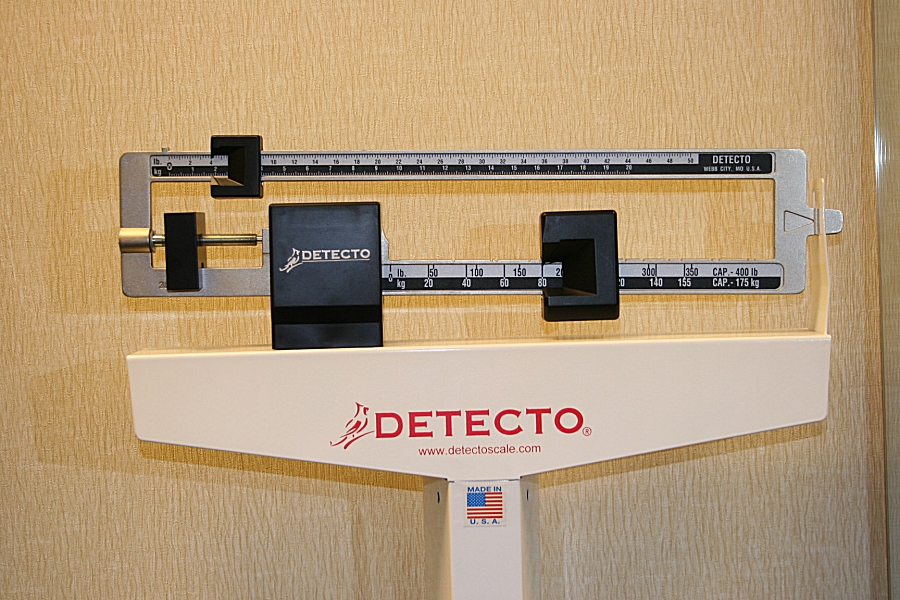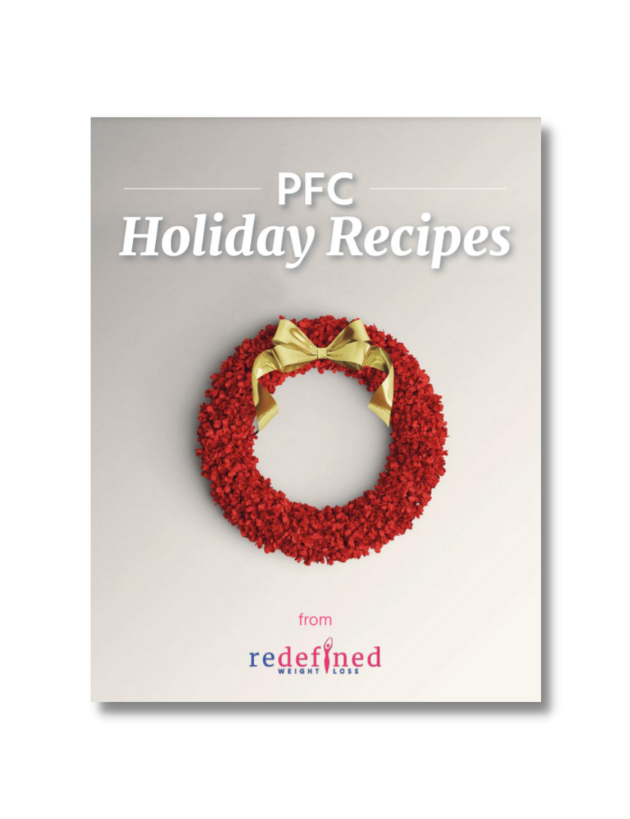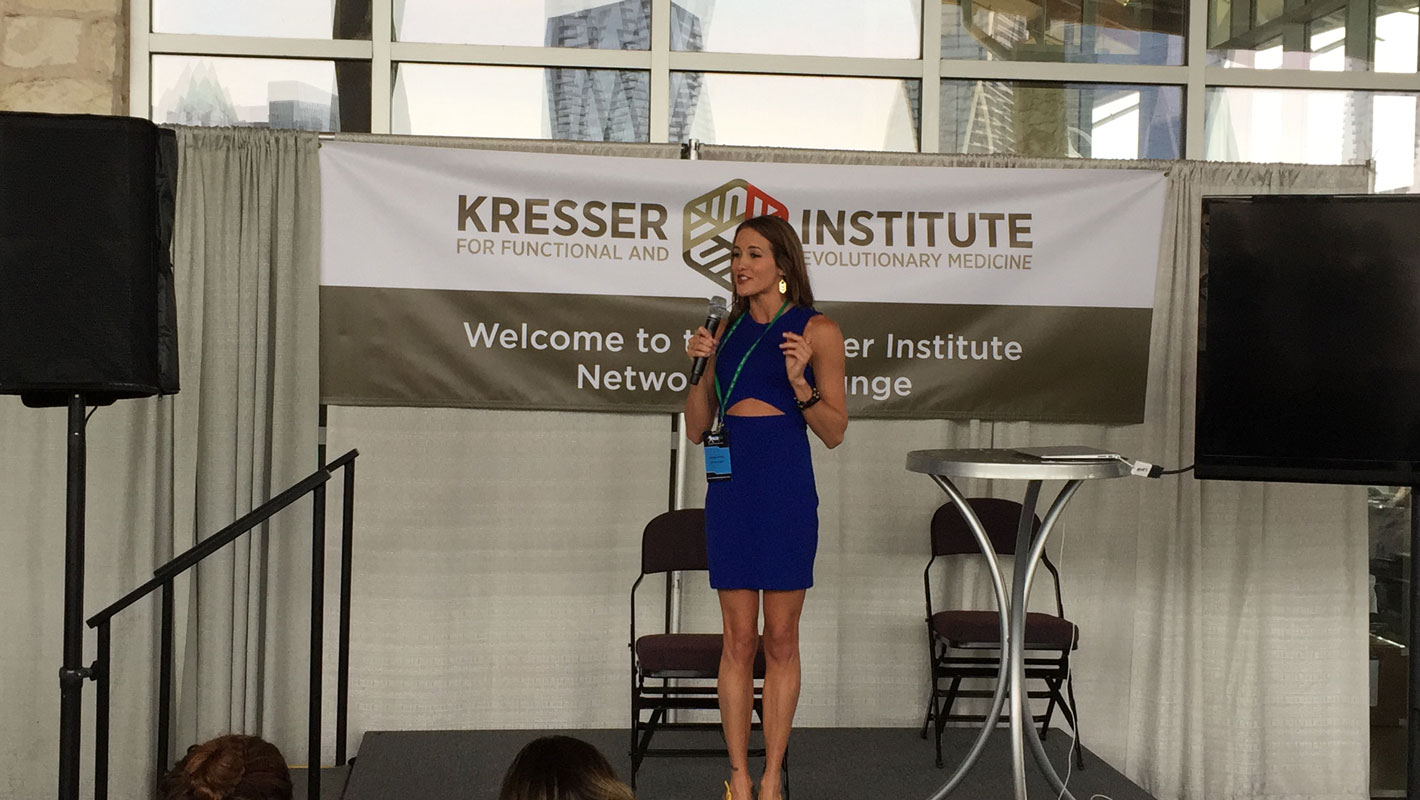Last month I wrote the post, “I’m eating real food and not losing weight!” where I revealed six common roadblocks to weight loss when following my PFC balanced way of eating. The short list was nowhere near conclusive to what we see with our clients, and in this post I’ll address six more issues that get in the way of reaching weight loss goals when eating real food.
1) You haven’t healed your gut. This really should have been number one or two. The old saying holds true; “Health begins in the gut.” When it comes to evaluating your health and nutrition, the most critical (and often overlooked) starting point is the gut; where digestion, absorption and elimination take place, and even production of brain chemicals that are responsible for controlling our cravings and appetite! We can eat all of the right foods, but if we aren’t digesting them properly, we’re not going to see progress! Eating healthy food is only half of the story of good nutrition. Being in the ideal state to digest food is the other half. A great starting point is taking a high quality probiotic with L-glutamine (powdered or capsules) 10-20 minutes before all of your meals, and fish oil (liquid or capsules) at your meals. The combination of these three supplements helps to heal the gut and reduce inflammation so that your body can focus on using the nutrients you are feeding it to run most efficiently and heal itself. Many of my clients report improvements in digestion and significantly reduced cravings for sugar or carbohydrates within hours or days of starting this gut health regimen, not to mention… WEIGHT LOSS! Order your gut health supplements today, and you can get on track to healing your gut and metabolism this week.
2) You’re still counting calories (or grams of fat, or points). Holding on to old ways of thinking while trying to eat real food is a recipe for disaster. If you’re counting, you’re probably restricting, which means you’re not fueling your body with what it needs to run most efficiently. Everything changes when you see food in a brand new light, as something that nourishes and fuels your body, instead of something to deprive yourself of. It’s crucial to completely let go of your former dieting mindset and unbrainwash yourself from obsessing over the amounts of food or calories you are taking in. Focus on establishing a healthy relationship with your body, nourishing it by eating lots of quality protein, healthy fats and nutrient-dense carbohydrates and you will see success. Your metabolism will heal, you will get back in touch with your “hunger sensor,” and your body will regulate itself as it should.
3) You aren’t being realistic with your expectations. Be cautious about setting your expectations too high at the beginning of making lifestyle changes. Don’t get me wrong — it’s awesome (and important!) to set high goals, and I truly believe you can reach them with the power of real food on your side. That said, eating this way is a healing process. Lifestyle changes take time. This ties back into taking your former thinking and habits related to past dieting and THROWING THEM OUT THE WINDOW! We are used to quick fixes and getting everything we want on-demand, but pause and ask yourself “How did that work for me?” For most people, it landed them back at the fridge and maybe at this blog post, physically hungry and hungry for something that provides lasting results. It takes time to heal the damage we’ve done to our bodies through restriction and deprivation. It takes time for your body to trust that you are going to give it the nutrients it needs. It is normal to lose some weight and plateau before losing more weight. Believe in yourself and take necessary actions to reach your goals, but be realistic with your expectations. Let us know if you need our help.
4) You’re not being consistent. Consistency is key…even on the weekends. In order for your body to trust you enough to burn what you put into it, you need to be consistent. If 42 percent of the time (Fridays, Saturdays and Sundays) you aren’t being consistent with following the Three-Three Rule (protein, fat and carbohydrates every few hours) and taking your supplements as scheduled, then your body isn’t going to work for you. I’m not expecting anyone to be perfect, but the first six to twelve months of making these lifestyle changes are crucial. You are training your body to work as it was designed to work, and in doing so you need to respect the healing process, and honor your body by being consistent.
5) You haven’t given it enough time. When you start to embrace our approach and eat the PFC way, it can take your body some time to trust that you’re going to keep fueling it with what it needs and that you’re not going to go all restrictive again. So when you see the scale hasn’t changed after a week or two and it frustrates you so much that you skip dinner, this is not only not helpful, but it sets you back even further, because now you’re body is confused and thinks it can’t trust you, so it wants to hold onto your food the next time you eat — instead of burning it. Counterproductive, wouldn’t you say? Be patient with yourself, trust the healing process, be consistent and give it time.
6) You’re still not eating enough fat. Okay, I may have said this once, but I’m going to say it again because it’s THAT important. Another recipe for disaster is eating low-carb AND low-fat. You can’t do both. When you are eating the way we find to be most successful with most of the clients we see, you are eating a lower carbohydrate diet in comparison to the SAD (Standard American Diet)). In doing this, it is ESSENTIAL to be nourishing your body with plenty of high quality fats. This is a complete shift of mind, which is why we see it being a problem for many people, hence the reason we need to be continually unbrainwashing ourselves (on a daily, sometimes hourly basis!). Remind yourself of fat’s amazing properties: how it keeps you full, provides your brain energy, lubricates your joints, supports your metabolism and keeps cravings away (just to name a few).
If you are struggling with any of the issues I mentioned, or are unsure of what’s holding you back from reaching your goals, don’t hesistate to contact my team. We love playing detective and searching for all the clues in your health history so that we can put them together and take the necessary action steps to solve the mystery of what’s standing in your way, once and for all. What better time than now, to put these frustrations behind and move forward?












You can take them indefinitely. They are natural components found in food and the body, but the supplements are more potent than food sources which is why they are extremely beneficial — especially when weight loss/ seeing results are a goal. I recommend at minimum going through a round of probiotic and L-glutamine annually for gut health support, but for my clients at a weight loss plateau or the beginning of a new regimen, I strongly urge being consistency with the gut health supplements 2-3 times per day for several weeks or even months. The healing process can take some time, so consistency and patience are important! 🙂
Hi Clare! I’d love to help you and my approach to your goal of maintaining your muscle mass while decreasing body fat is WAY different than what you’re being taught because I don’t believe in calorie counting, nor do I do this in my practice. I’d need a lot more information, including your health history, lab data, supplements, meds, anthropometric data, etc. before giving you individualized recommendations, so if this is something you’re ready to tackle, please contact my team and they’ll get you set up with all the forms I need and on my schedule for an appointment! [email protected]
Hi Cassie, I take Phillips colon health probiotic. The directions say take just one a day. Its 1.5 billion cells. Should I still follow your instructions of taking one before every meal?
Hi Beth! I’m not familiar with that brand, so I’m not sure. The recommendations I give are for the ones I recommend, which can be found here: http://www.dietitiancassie.com/store ~You can email our team if you have any questions about any of the supplements here, [email protected] 🙂
Do you still need to take fish oil if you eat enough seafood? If so, how much seafood is enough to replace the pills?
Jenny, my short answer is yes. Fish oil is SO healing and anti-inflammatory and even if we ate fish all day long, our food supply simply isn’t the same as it was years ago. Besides, it really depends on the individual: YOU, and your goals, your health history, your intake of carbs, sugar, trans fats, antibiotics, etc (things that wreak havoc on the gut) over the years.